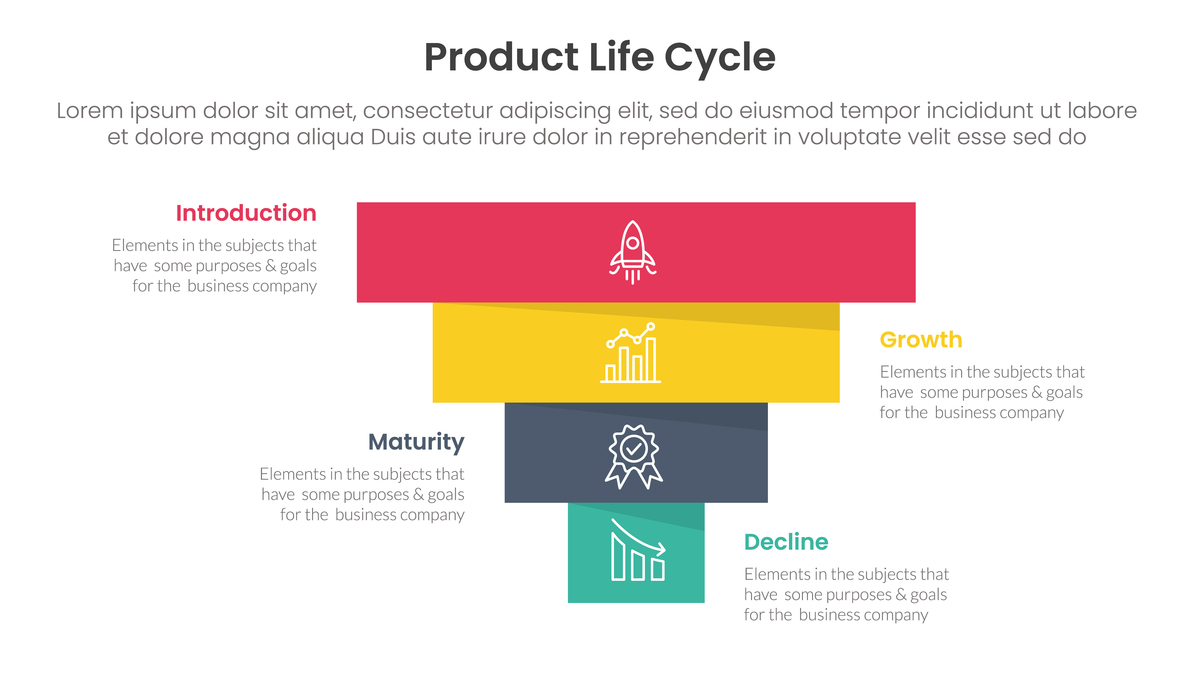润色In order to solve the conflict of interest between management and shareholders which is called the agency problem profit-related pay and share-based pay are applied to ensure goal congruence between
Profit-related pay is a form of variable pay that is based on an individual’s contribution to the company’s profits. This type of payment is usually linked to specific performance targets, and the more profit a company makes, the higher the bonus payment for the director. Profit-related pay incentivises directors to work towards increasing the company’s profits, which benefits both the company and its shareholders.
Share-based payment, on the other hand, is a type of equity-based compensation that gives directors shares in the company. This aligns the interests of the directors with shareholders because the value of their shares will increase if the company performs well. Directors with share-based payment are motivated to work towards improving the company’s performance, as this will increase the value of their shares.
In conclusion, profit-related pay and share-based payment are effective ways to align the interests of management and shareholders. By incentivising directors to maximise profitability and increase share value, these forms of payment can help to ensure that directors act in the best interests of shareholders

原文地址: https://www.cveoy.top/t/topic/hbXp 著作权归作者所有。请勿转载和采集!